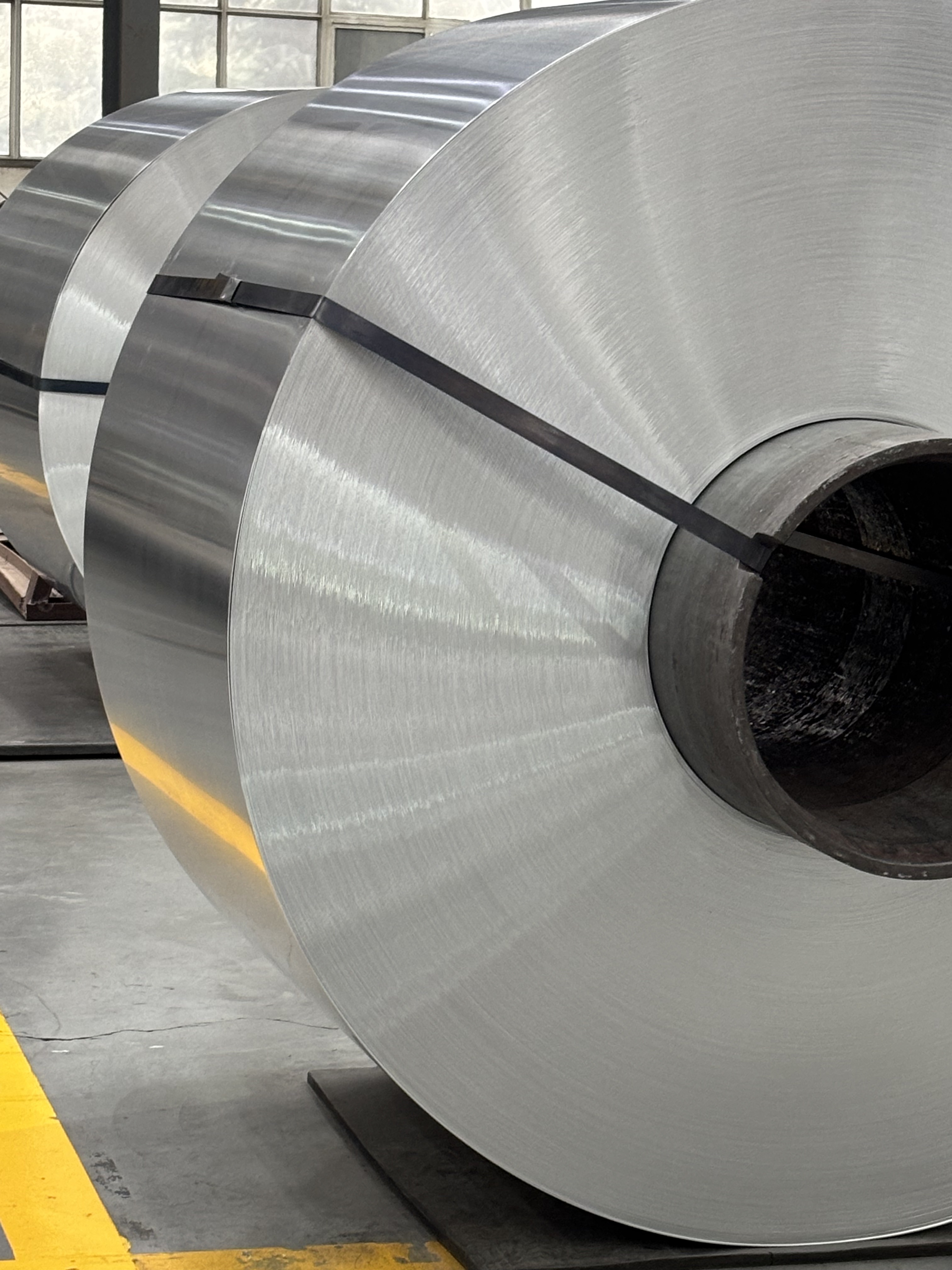04
2025
-
06
Myth Busting: Is Aluminum Stronger Than Steel?
Author:
Introducing the strenfth of aluminum and steel.
In the fields of construction and engineering, the debate between aluminium and steel has persisted for ages. Each material boasts distinct characteristics that render it suitable for a wide range of applications. A prevalent misconception is that steel inherently surpasses aluminium in strength. However, in this blog, we aim to dispel this myth and illuminate the true strengths of both aluminium and steel, providing a deeper insight into their respective merits and demerits, and challenging the assumption that steel always reigns supreme over aluminium.
Strength And Structural Properties
When evaluating the strength of a material, it's imperative to consider multiple factors beyond mere force resistance. Steel is renowned for its exceptional tensile strength, making it ideal for load-bearing applications. The modulus of elasticity, also known as Young's modulus, quantifies a material's stiffness or rigidity, delineating the relationship between stress (force per unit area) and strain (deformation) within the elastic range of the material. A high modulus of elasticity signifies that a material is stiff and undergoes minimal deformation under stress. The high modulus of elasticity in steel renders it suitable for applications demanding structural integrity, such as constructing towering buildings, bridges, or heavy machinery. It enables the steel to bear substantial loads and resist deformation, ensuring the stability and durability of structures and components.
On the flip side, aluminium possesses a lower tensile strength compared to steel. Nevertheless, its strength-to-weight ratio is significantly higher. Aluminium exhibits remarkable structural properties, as its lower density allows it to achieve strength levels comparable to steel at a fraction of the weight. This advantage makes aluminium an ideal material for the aerospace, automotive, and transportation industries, where lightweight materials are crucial for enhancing fuel efficiency and performance.
Aluminium's excellent structural properties also render it suitable for various building and structural applications.
Corrosion Resistance And Maintenance
One of the significant drawbacks of steel is its vulnerability to corrosion. When exposed to moisture and oxygen, steel can rust, compromising its strength and structural integrity over time. To mitigate this, steel structures often necessitate extensive maintenance and protective coatings to prevent corrosion from weakening them. Neglecting to adequately address corrosion can result in costly repairs and potential safety hazards.
In contrast, aluminium boasts excellent corrosion resistance due to the natural formation of a protective oxide layer on its surface. This oxide layer acts as a barrier, preventing further corrosion or oxidation. Consequently, aluminium structures require less maintenance than steel ones. As a result, aluminium can withstand harsh environmental conditions, making it suitable for coastal regions and humid climates.
Application And Design Flexibility
The choice between aluminium and steel ultimately hinges on the intended application and design requirements. Steel's high strength and rigidity make it ideal for structures demanding exceptional load-bearing capacities, such as high-rise buildings and bridges. Its versatility allows for the creation of complex structures that can withstand heavy loads and extreme conditions.
Steel is frequently employed in construction.
Conversely, aluminium's lightweight nature makes it an excellent choice for applications prioritizing weight reduction without sacrificing strength. The aerospace industry extensively utilizes aluminium due to its favourable strength-to-weight ratio, enabling more efficient aircraft designs and lighter planes and vehicles that consume less fuel. Additionally, aluminium's malleability permits more intricate shaping and customization, providing designers with greater flexibility to realize their creative visions.
So, Which Is Actually Stronger, Steel Or Aluminium?
Contrary to popular belief, the notion that steel is universally stronger than aluminium oversimplifies the complex relationship between the two materials. While steel excels in tensile strength and load-bearing capacity, aluminium offers significant advantages such as its superior strength-to-weight ratio, corrosion resistance, and excellent design flexibility and possibilities. Both materials have their niche in various industries and applications, and by fully appreciating their unique properties, engineers and designers can make informed decisions, leveraging the strengths of each material to achieve optimal results.
By debunking the myth of steel's invincibility, we can appreciate the diverse strengths that aluminium brings to the table in the world of engineering and construction.
2025-03-17
Myth Busting: Is Aluminum Stronger Than Steel?
2025-06-04










